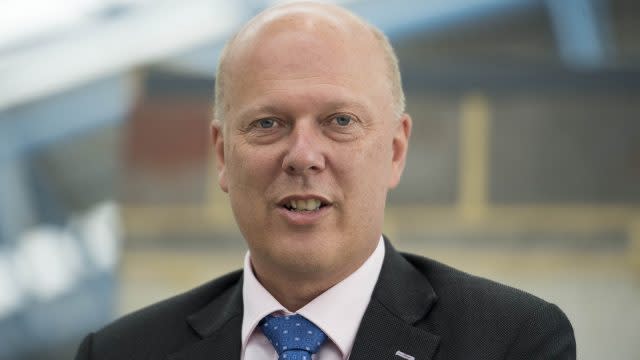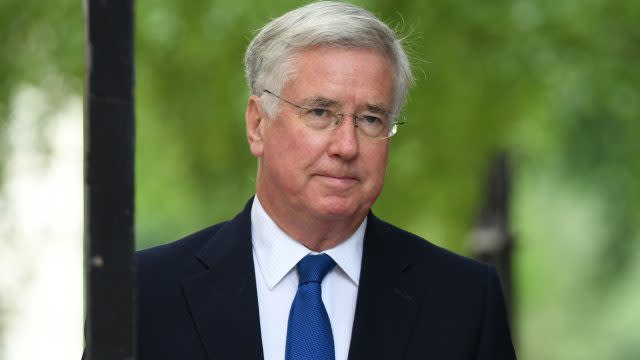Public sector pay cap 'cannot be kept in place forever'

Lifting the 1% public sector pay cap will cost "a lot of money" but it cannot be kept in place forever, the Institute for Fiscal Studies (IFS) has said.
Speculation is mounting that Theresa May is preparing to end the long-standing cap on pay rises in the public sector after a disastrous General Election saw the Government lose its House of Commons majority.
IFS director Paul Johnson said if public sector pay were to rise in line with inflation for the next three or four years it would cost the public purse £6 billion to £7 billion more than continuing with the cap.

Cabinet minister Chris Grayling said on Tuesday that the Government wanted to "provide people with additional pay" when the economy allowed for it, and stressed the Tories had learnt the lessons of the election.
Mr Johnson highlighted the potential cost of lifting the cap, telling BBC Radio 4's Today programme: "It depends, of course, how much they lift it by, but there are five million workers in the public sector and the pay bill is well over £150 billion a year, so that makes it, in a sense, the biggest single expenditure item that government has.
"The result, of course, is that each extra percent that you pay public sector workers costs you a lot of money.
"For example, if we were to raise pay in line with inflation over the next three or four years, then that would certainly be costing the Government six or seven billion more than if we went (on) with 1%.

The Treasury is due to send out letters within weeks setting out the remit for public sector pay review bodies for next year's pay round and Chancellor Philip Hammond is under pressure to allow them greater flexibility to recommend more generous rises.
According to The Sun, one plan under consideration could see the lowest-paid public sector workers, along with groups with the biggest retention problems such as nurses and senior civil servants, granted a pay rise at least in line with inflation next April, with restraint for others lifted in 2019.
Mr Hammond has refused to be drawn on the reports, insisting the Government must balance pay rises against increased costs.
Mr Johnson said pay rises could be targeted at sectors experiencing problems with recruiting and retaining staff, such as teachers and nurses.
But the review bodies could face problems if Mr Hammond chooses not to provide extra money for pay rises and instead demands the cash comes from, for example, the existing NHS budget.

"That makes a really difficult choice for the pay review body," Mr Johnson said.
Defence Secretary Sir Michael Fallon said the Government fully understands that public sector workers have taken their "share of the pain" of deficit reduction and signalled that the Chancellor was looking at the issue.
"What he'll be looking for is to ensure that public sector workers aren't discriminated against," he told Sky News.
"Inflation is higher at the moment, it's likely to fall back again, but we will set out detailed proposals for each of the different groups concerned, and there are independent pay review bodies for doctors and nurses, for the armed forces, for the different groups in the public sector, and they will then report and make their recommendations.
"So we've not taken a decision on this yet but we do recognise that public sector workers have made a significant contribution to helping us get the deficit down."


